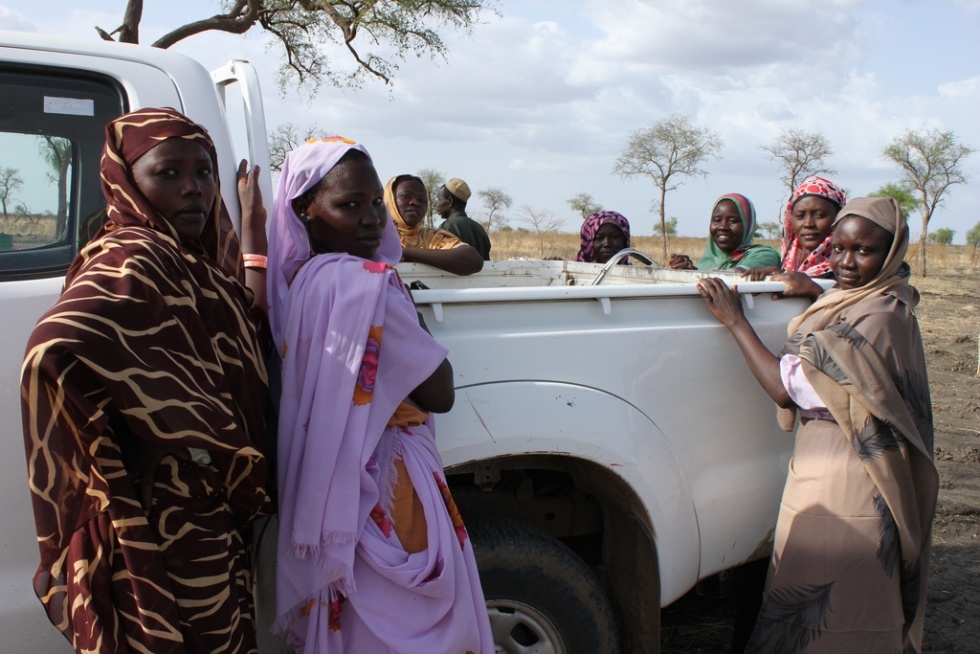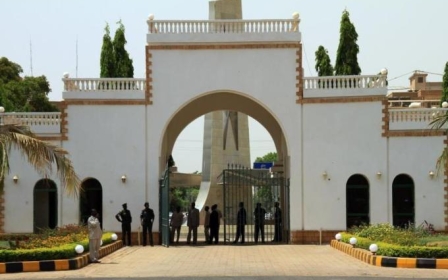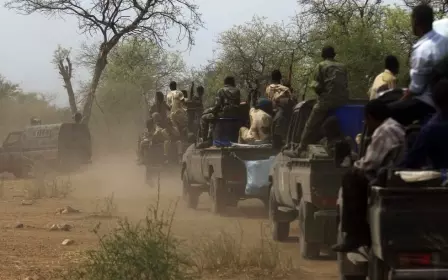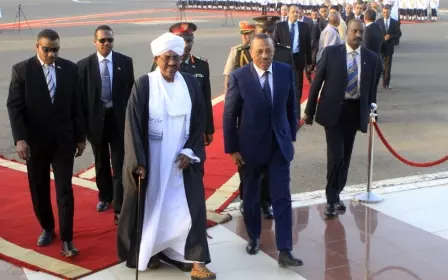US, China urged to step up efforts for peace in Sudan and South Sudan

China and the US must increase engagement with the governments of both Sudan and South Sudan in order to de-escalate the “merging conflicts” of the two countries, a new report by the International Crisis Group (ICG) concludes.
ICG’s new report, released on Thursday, finds that Sudan is increasingly caught up with internal conflicts in its new neighbour to the south, and vice versa.
After a “difficult divorce” following South Sudan’s independence from the north in 2011, the two countries are now increasingly entangled in each other’s internal struggles, with South Sudan allegedly backing rebel groups in Sudanese border states like South Kordofan, now the epicentre of violence in the northern country.
In South Sudan, anti-government elements have been aided by Khartoum since at least 2005.
South Sudan, the world’s newest country, has been ravaged by a devastating civil war since December 2013, as rival tribes and alliance groups battle it out for power in the oil-rich nation.
An estimated 50,000 people have been killed in the ongoing conflict so far, although figures are very hard to come by on the ground – the ICG says at least two million people have also been displaced.
Attempts to bring an end to the intertwined conflicts in both Sudan and South Sudan have so far faltered, due in part to mediating by outside powers who “do not invest sufficiently in conflict resolution,” according to the report.
Observers fear the protracted conflicts, which have seen a significant lull during the rainy season, will now begin to escalate once again as drier weather makes violence more difficult to contain.
In the absence of effective mediation and amid fears of an uptick in clashes, the ICG put forward on Thursday a number of proposals aimed at untangling the complex conflicts.
The Brussels-based group singles out the US and China, calling for them to “deepen their engagement” in the region.
According to the ICG’s report Beijing, whose foreign minister visited Khartoum in early January, has considerable influence there, and must exert pressure to “change calculations” in the conflict.
China was criticised last year for selling South Sudan’s government $38 million in missiles, grenade launchers and machine guns as the country’s leaders pledged to strive for a solution to the deadly civil war.
China is thought to be one of the biggest buyers of South Sudan’s oil.
China is also estimated to be Sudan’s “main oil producer, exporter and importer,” owning a significant share of a number of Sudanese oil companies.
On Monday Sudan’s President Omar al-Bashir, who has ruled the country for a quarter of a century, moved into a new Chinese-built Presidential Palace in central Khartoum.
Washington is also called upon to pressure Uganda, a strong US ally in the region which has been arming South Sudan’s government since last year, to de-escalate the situation.
Fears were heightened on Wednesday when rebels in the Sudanese border state of South Kordofan detained six Bulgarian aid workers from the UN World Food Programme after their helicopter made an emergency landing in the war-torn province.
However the rebels, from the Sudan People’s Liberation Movement – North (SPLM-N), later said they were negotiating with the UN for the aid workers’ release.
“This helicopter flew into an active combat zone…that has been subject to bombings by the government [in Khartoum]. The SPLM-N thought it was an army helicopter. Once we confirm that they are in fact working with the UN…we are fully prepared to release them immediately.”
The news came on the back of reports from South Sudan that a rebel group had agreed to release around 3,000 child soldiers.
The South Sudan Democratic Army Cobra Faction on Wednesday freed 280 of the underage fighters, as the first part of a deal with UN children’s agency UNICEF.
The body estimates that over the past year around 12,000 children were forcibly recruited into armed militias fighting in South Sudan’s civil war.
One of the underage soldiers, 11-year-old Silva, told the BBC that he had not seen his parents for six months.
“I have been fighting for more than two years. Now I want to go to school and learn. I don’t want to fight anymore, I was scared”.
New MEE newsletter: Jerusalem Dispatch
Sign up to get the latest insights and analysis on Israel-Palestine, alongside Turkey Unpacked and other MEE newsletters
Middle East Eye delivers independent and unrivalled coverage and analysis of the Middle East, North Africa and beyond. To learn more about republishing this content and the associated fees, please fill out this form. More about MEE can be found here.




